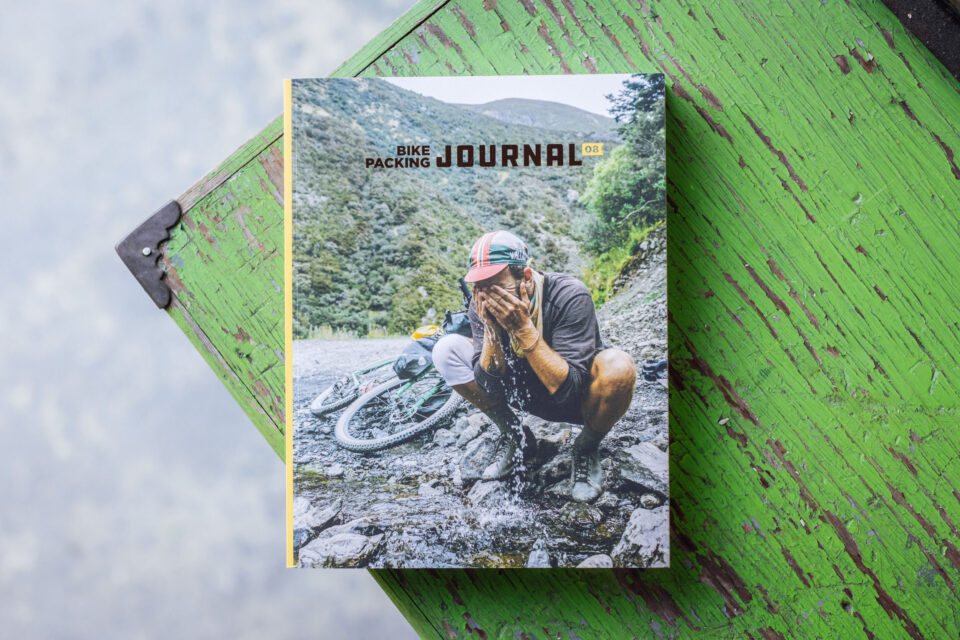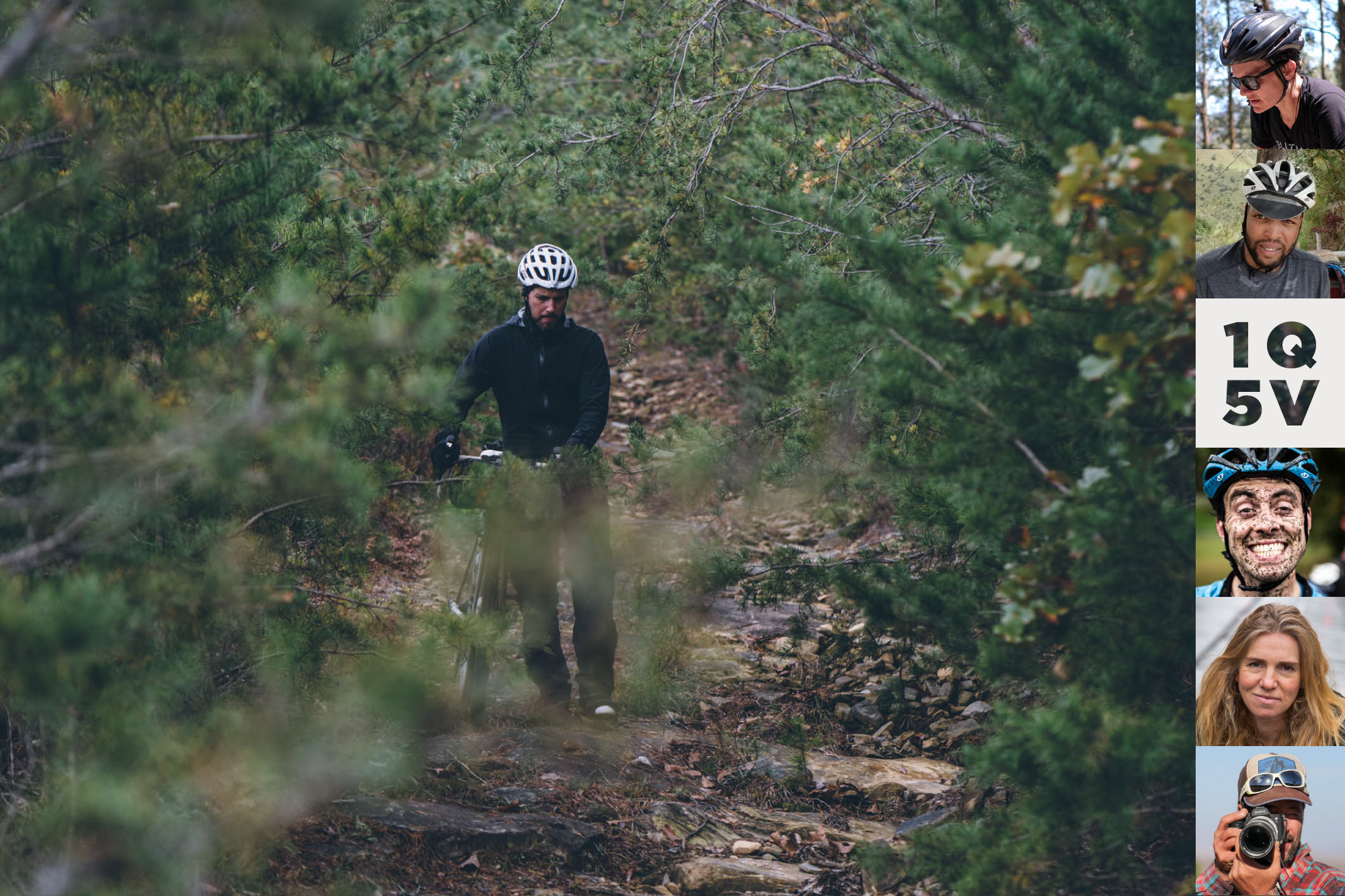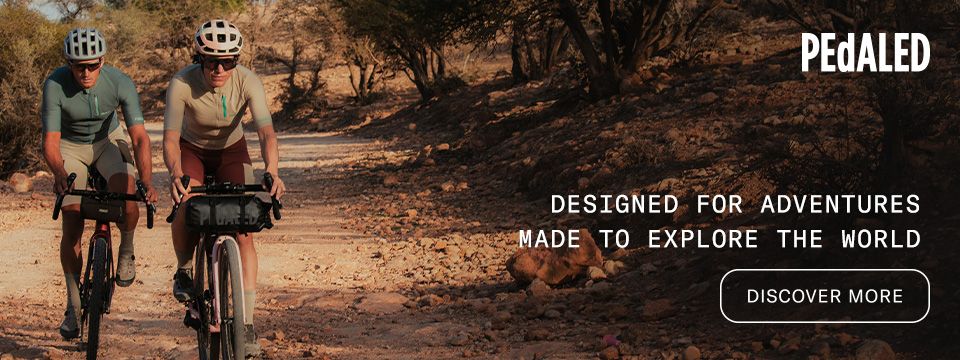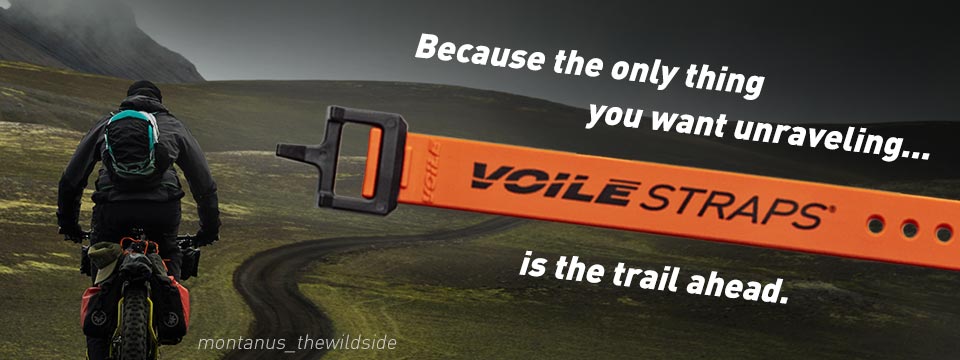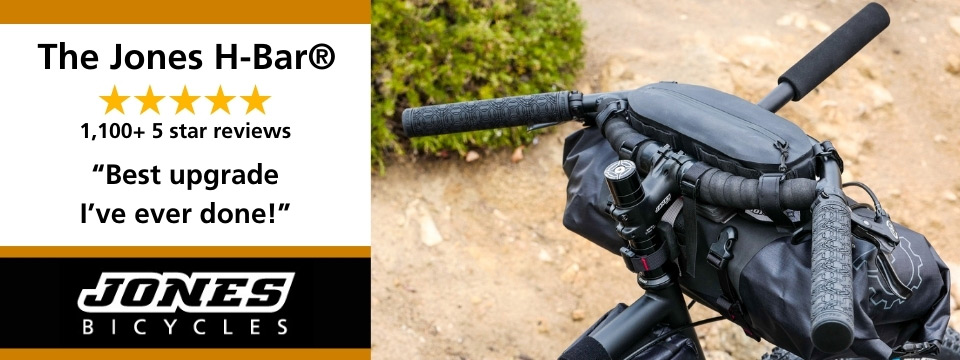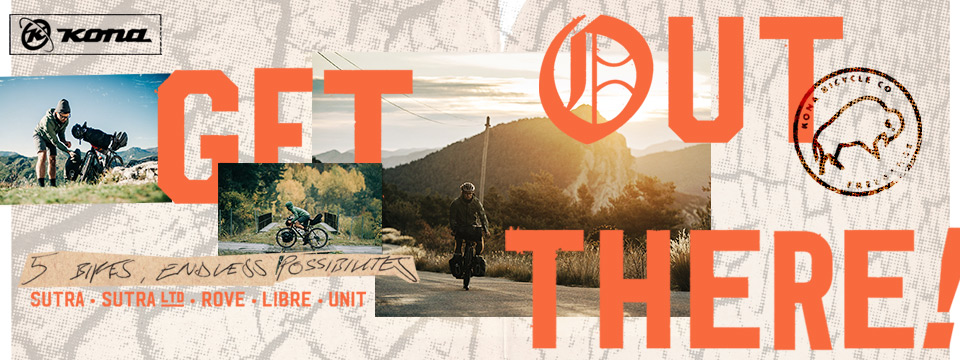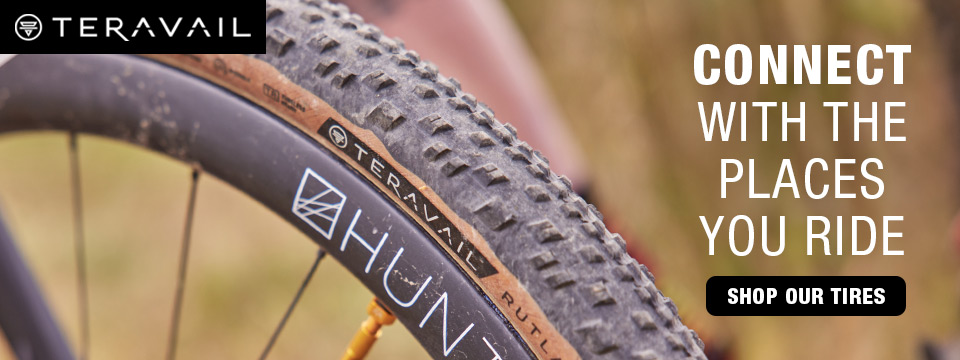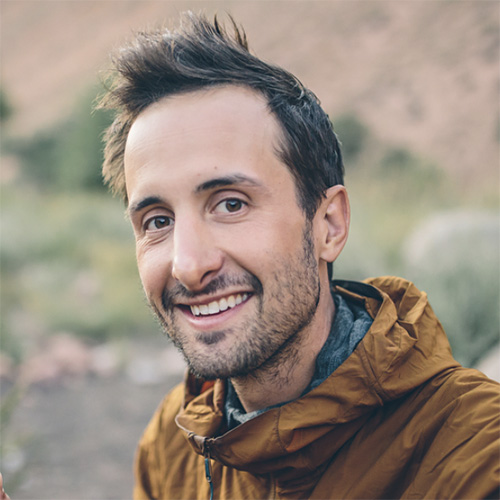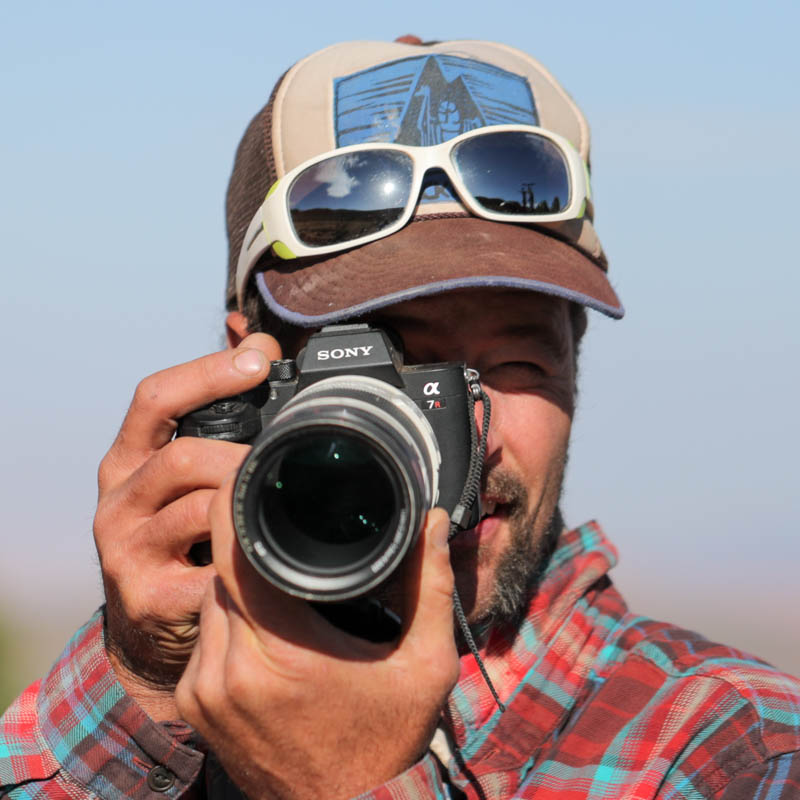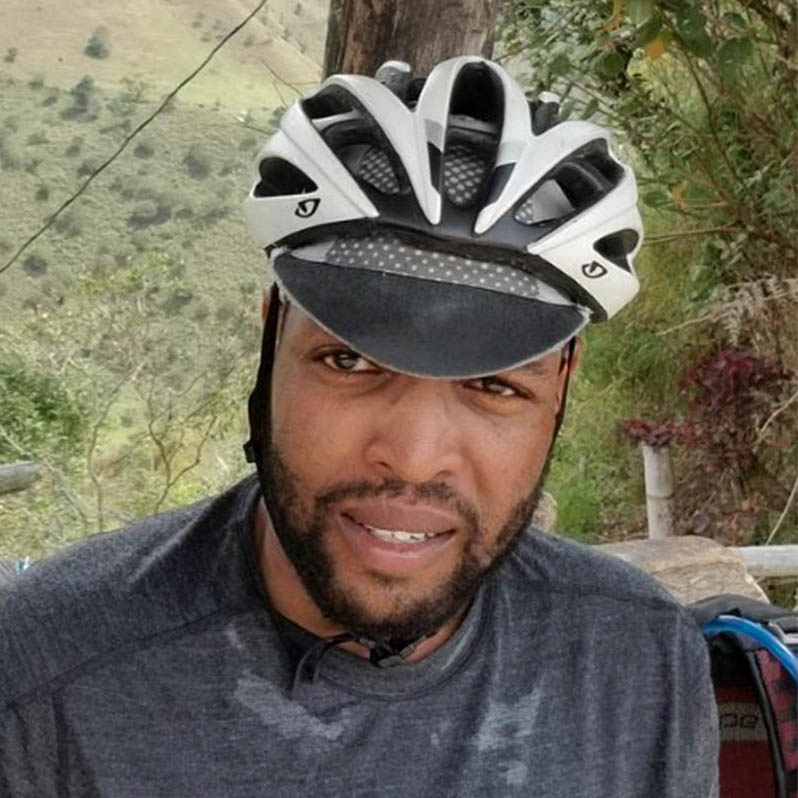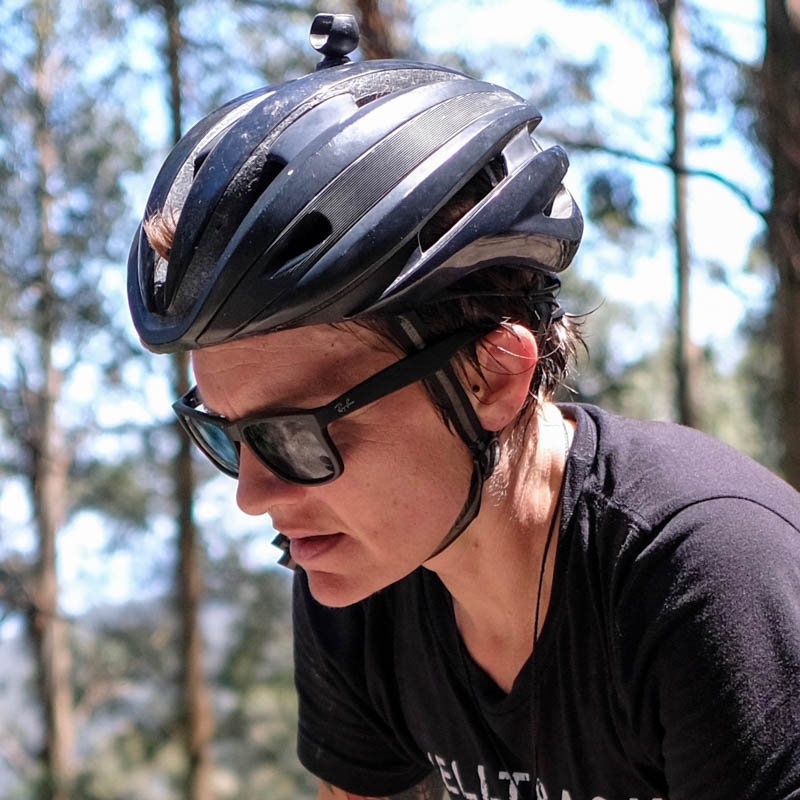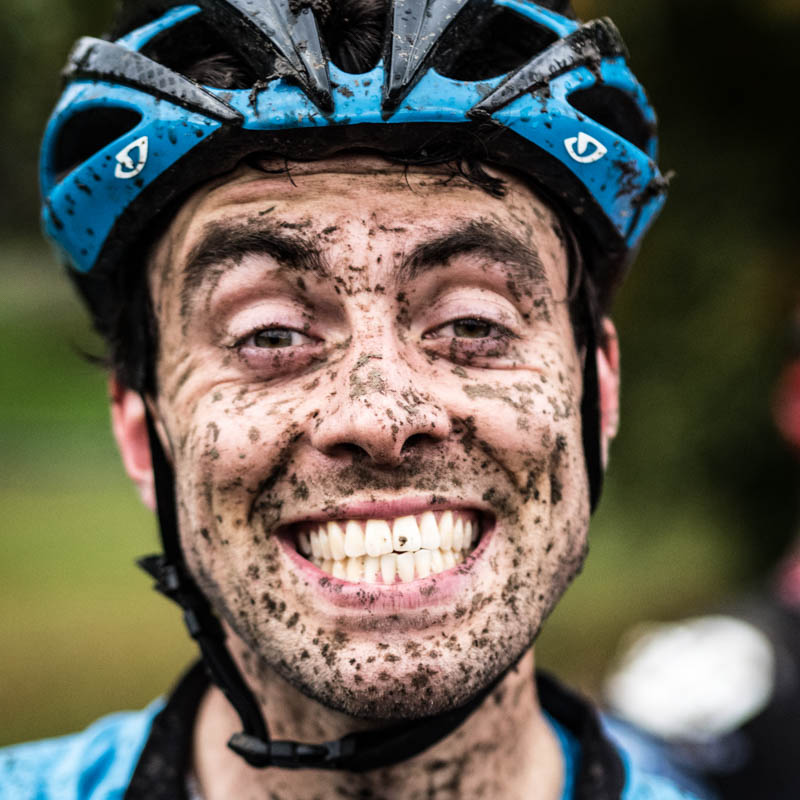One Question, Five Voices: Learning from Failure
Share This
In our latest installment of One Question, Five Voices, we ask a group of bikepackers to share their stories of failure, and to reflect on what those experiences taught them. Read on for five stories of broken bones, navigation meltdowns, parasites, and more…
Without a doubt, we’ve all failed at some point in life, both on and off our bikes. But we don’t always take the time to reflect on what we might learn from those experiences to prevent them from being repeated. We rounded up five bikepackers and asked them to share their some of their most memorable stories of failure, along with their takeaways. Here’s what they had to say:
What’s one of your biggest bikepacking failures, and what’d it teach you?
Have you ever contracted Giardia? Congratulations if you answered no. Nothing puts the damper on a bike trip like a high fever coupled with frequent, uncontrollable bowel movements.
It was the spring of 1999 and I had lined up three weeks of vacation for a big loop around my new backyard in Southern Utah, much of which is (or was) the new Bears Ears National Monument. I was young and eager to experience as much of these mysterious lands that I had only seen on maps, so my plan was ambitious. Pulling a BOB trailer (yeah, that was a failure too) I planned on towing most of my gear around behind my bike to several key locations, where I would then set off with a lighter setup to do mountain bike loops, canyoneering/hiking, and other deep desert exploring.
By day five I was just hitting my stride as I passed through Moab to resupply for my next leg through the San Rafael Swell. On the way out of town my stomach began rumbling, and by nightfall I was being rocked by waves of fever and shakes. Being the young, broke, “I’ll ride this one out” type, I continued my trip as planned, all the while sick as a dog. There were good days and there were bad, as the parasites blossomed and thrived in their newfound host. I completed my trip, but shortcutted large sections due to my beleaguered state. I had been using a new (cheap) water bottle style filter to purify my water. On the first night I “filtered” several liters of bad water with this inadequate contraption, and it set the tone for the rest of my trip.
Upon returning to Durango, my girlfriend broke up with me, I had a super bad crash, a birthday, and went to the ER for antiparasitic drugs. In the 20 years since that trip, I’ve learned many lessons about life and water filtration. My best advice to you, the reader, is carry Aqua Mira and use it liberally. It won’t help you patch up shaky relationships or make you a better rider, but it will keep you solid when you need it most.
When I consider failure, I tend to think of times when I set myself an objective that then didn’t come to fruition. The truth is, almost everything I set out to achieve both on and off the bike never works out the way I think it might. Is that failure?
The uncontrollable nature of adventuring by bike combined with my optimistic route planning means that I’m continually setting ambitious targets and, inevitably failing to get there. But squashing the dream and curtailing the spirit of the challenge seems like such a shame. So, I’m reframing failure.
My initial response to this question was to tell the story of when my entire body swelled up on the Tour Divide and then my bike broke, forcing me out of the race. Or when I held my mat over my camping stove on the first night of the Silk Road Mountain Race, thus ending any possibility of restful sleep for the remainder of my ride. But, actually, both these apparent failures brought about alternative experiences I could never have planned for, and gave me more than I could have possibly hoped for had things all gone to plan.
On reflection, my biggest failure was this: achieving what I set out to do in the first place. Two summers ago I left Germany fully loaded and super organized (for once) to ride over the Swiss Alps to meet friends in France. I was so preoccupied with my tight timescale and precise route that by the time I got there (with half a day to spare so I could fiddle with kit and rest up) I realized that I’d not actually been present the entire time I’d been riding. Everything had gone like clockwork and I felt bereft, like I’d been robbed of an adventure.
Turns out, failing is the best bit if you frame it right.
My biggest bikepacking failure was when I abandoned a route on my 10-day Colombia trip in 2017. I’d spent months planning a unique route and itinerary to ride with a friend. The route began in the city of Armenia and was to end in Bogotá, passing through the sublime wax palms of Cocora Valley, coffee fields, colonial cities, and small mountain villages.
Calling it quits was one of the biggest decisions I’ve ever had to make while bikepacking. After climbing for hours from Ibagué, we reached a rough area on the trail that became extremely dangerous. I checked my maps and GPS coordinates and everything seemed to check out. But I’ve heard before when traveling in South America you should always plan for things to go wrong.
Starting our descent, the trail narrowed in and we suddenly found ourselves on a section of hindering terrain that led through a small village, where the locals were shocked to see us passing through on bikes. The route became steeper and more technical as we continued to push on, and to make matters worse I crashed and broke my front brake.
After skidding down, now only on my rear brake, we approached a hillside section of the trail with a near-vertical slope that was so narrow that it could only be traversed on foot. And certainly without a bike. The heavy bush made it impossible to see what lay ahead. This was the moment when I had to make the decision to either hike all the way back up or take the incredible risk of going down. I decided it was best to abandon the route that I’d labored over for months and hike back to Ibagué. And oh yea, it was my birthday.
This bikepacking failure taught me to know my limits, be strategic and grounded, and to constantly reassess situations as they come. The adventurer in me wanted to continue on the route as planned – no risk, no reward. But the logical side needed to consider our safety and the best route forward. For me, it’s easy to get comfortable in remote areas and off-roading – but learning how to deal with unplanned situations that are life-threatening or otherwise, that’s what makes for a pro bikepacker.
Back in 2016, my biggest bikepacking failure happened in a very public way. It was during my first ever bikepacking race, the Trans Am. With absolutely zero bikepacking experience, my plan was just to wing it. I ignored most advice on what on what to do in the lead up, including learning how to use my new Garmin. On day two of riding through Montana, I rode off course. I was so sleep deprived that I hadn’t noticed the route wasn’t even displayed on my Garmin. I was simply following the brightest map line, which was a major road, nothing to do with the course.
Luckily, this kept me on course to a town called Wisdom, but instead of staying on course I turned left and headed towards Wise River, where I finally realised my mistake. Kind of funny that this all started at a town called Wisdom! My inexperience cost me a little over 100km, plenty of hours, and the race lead.
The errors didn’t end there, though. It turns out I’d uploaded the wrong file format, and the route started skipping through all the major towns. Imagine being sleep deprived and seeing a dead straight line dart across a map, instead of a series of turns. I wasted hours working my way through large towns, doing circles and hitting dead ends. It drove me bonkers.
And I made countless other mistakes in that race. I didn’t sleep enough, I consumed dangerous levels of caffeine, ate badly, and ignored the fact I couldn’t read a map. To top it all off, on my last day I had to ask directions to the finish line, a giant monument in Yorktown, Virginia.
The Trans Am race was a failure for me due to many avoidable errors. With every race I try to fine tune my knowledge and learn from new mistakes. Navigation is not something to second guess. I’m now pretty handy at reading a map, I know my Garmin inside out, and I always have a back up!
Failure is an inherently subjective word. Success and failure are just either side of a line in the sand, and oftentimes we worry about how we measure up against that line rather than who drew it in the first place, or why. Sometimes the line is there for a good reason, but other times I focus so closely on it that I don’t realise that it’s drawn in the wrong place.
A few years ago, my partner Annie and I went to Patagonia, following the mystic attraction of the name and imagining a buffet of unexplored, mountainous singletrack. We would follow the famous Carretera Austral, but only because it would get us from A to B. It was the singletrack and the lure of the unknown that drew us.
It didn’t work like that. I broke my ankle, so we left later than planned. It rained. Men in jackboots barred us from some trails. Other trails didn’t exist, and some big rivers existed that shouldn’t have. It rained more. We dotted between eight or nine objectives for seven weeks, none worked. Our energy dwindled, until we were ready to come home, considering the trip a failure.
In a way, it was. I had failed to realise that the world doesn’t respect lines in the sand. True, Patagonian singletrack is an elusive beast, but all the magic of bicycle travel was there: nights spent camping in raw landscapes, new friends, and the best potluck Christmas dinner of my life. I smile when I look through the photos. For a failure, it was bloody good fun. At the time, I drew the line in the wrong place, and let the destination come before the love of the journey itself. It’s a failure of perspective that I will try my hardest never to repeat.
Have a story of learning from failure? Share it with us in the comments below!
Please keep the conversation civil, constructive, and inclusive, or your comment will be removed.




